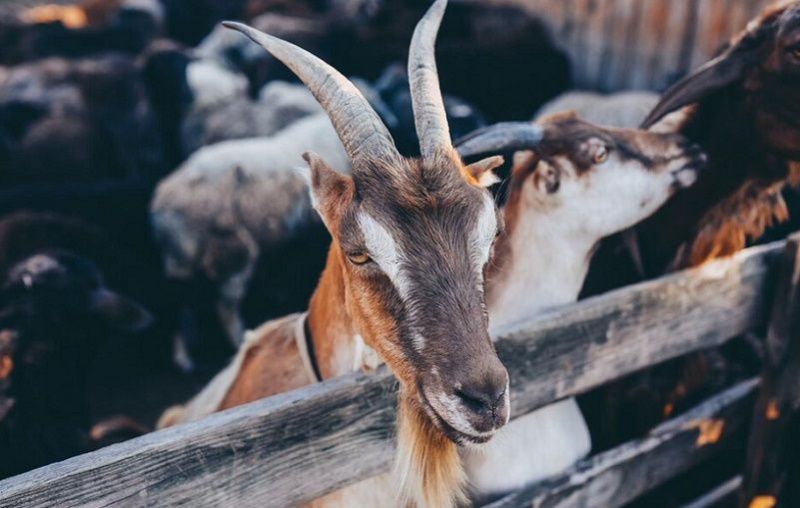Oregon has cancelled the policy of permits for milking one cow or one goat
Source: The DairyNews
The Oregon Department of Agriculture (ODA) has backtracked on its new policy mandating a permit for individuals milking even a single cow or goat, following a legal challenge from small dairy farmers.

The reversal, prompted by a lawsuit from four small-scale dairy operators, marks a temporary victory for plaintiffs who opposed the stringent permit requirement. Attorney Bobbi Taylor, representing the farmers through the Institute for Justice, clarified that while the immediate withdrawal of the policy is welcomed, the lawsuit will persist as a precaution against potential reinstatement.
Waneva LaVelle, one of the plaintiffs and owner of Pure Grace Farm, expressed relief at the decision, emphasizing the significance for her family's farm during kidding season. However, concerns linger regarding the possibility of future regulatory burdens.
The contentious policy change stemmed from ODA's inclusion of small dairy operations in its definition of Confined Animal Feeding Operations (CAFOs), a move ostensibly made at the behest of the Oregon dairy industry. Critics argue that this expansion unfairly disadvantaged smaller producers, who previously operated without such stringent regulatory oversight.
The revised interpretation mandated small farms to secure permits, pay fees, undergo inspections, implement drainage systems, and maintain detailed records—a burdensome prospect for operations with limited resources.
While ODA justified the move as essential for environmental protection and regulatory compliance, opponents viewed it as undue interference and economic protectionism.
Sarah King, owner of Godspeed Hollow, echoed sentiments of unequal treatment, emphasizing the incongruity of subjecting tiny dairies to the same regulations as large-scale operations.
Despite the temporary reprieve, the lawsuit underscores ongoing concerns about governmental overreach and the need to safeguard the interests of small-scale agricultural enterprises.
The outcome of this legal battle will likely shape the regulatory landscape for small dairy farmers in Oregon, with implications extending beyond state borders.
Waneva LaVelle, one of the plaintiffs and owner of Pure Grace Farm, expressed relief at the decision, emphasizing the significance for her family's farm during kidding season. However, concerns linger regarding the possibility of future regulatory burdens.
The contentious policy change stemmed from ODA's inclusion of small dairy operations in its definition of Confined Animal Feeding Operations (CAFOs), a move ostensibly made at the behest of the Oregon dairy industry. Critics argue that this expansion unfairly disadvantaged smaller producers, who previously operated without such stringent regulatory oversight.
The revised interpretation mandated small farms to secure permits, pay fees, undergo inspections, implement drainage systems, and maintain detailed records—a burdensome prospect for operations with limited resources.
While ODA justified the move as essential for environmental protection and regulatory compliance, opponents viewed it as undue interference and economic protectionism.
Sarah King, owner of Godspeed Hollow, echoed sentiments of unequal treatment, emphasizing the incongruity of subjecting tiny dairies to the same regulations as large-scale operations.
Despite the temporary reprieve, the lawsuit underscores ongoing concerns about governmental overreach and the need to safeguard the interests of small-scale agricultural enterprises.
The outcome of this legal battle will likely shape the regulatory landscape for small dairy farmers in Oregon, with implications extending beyond state borders.









